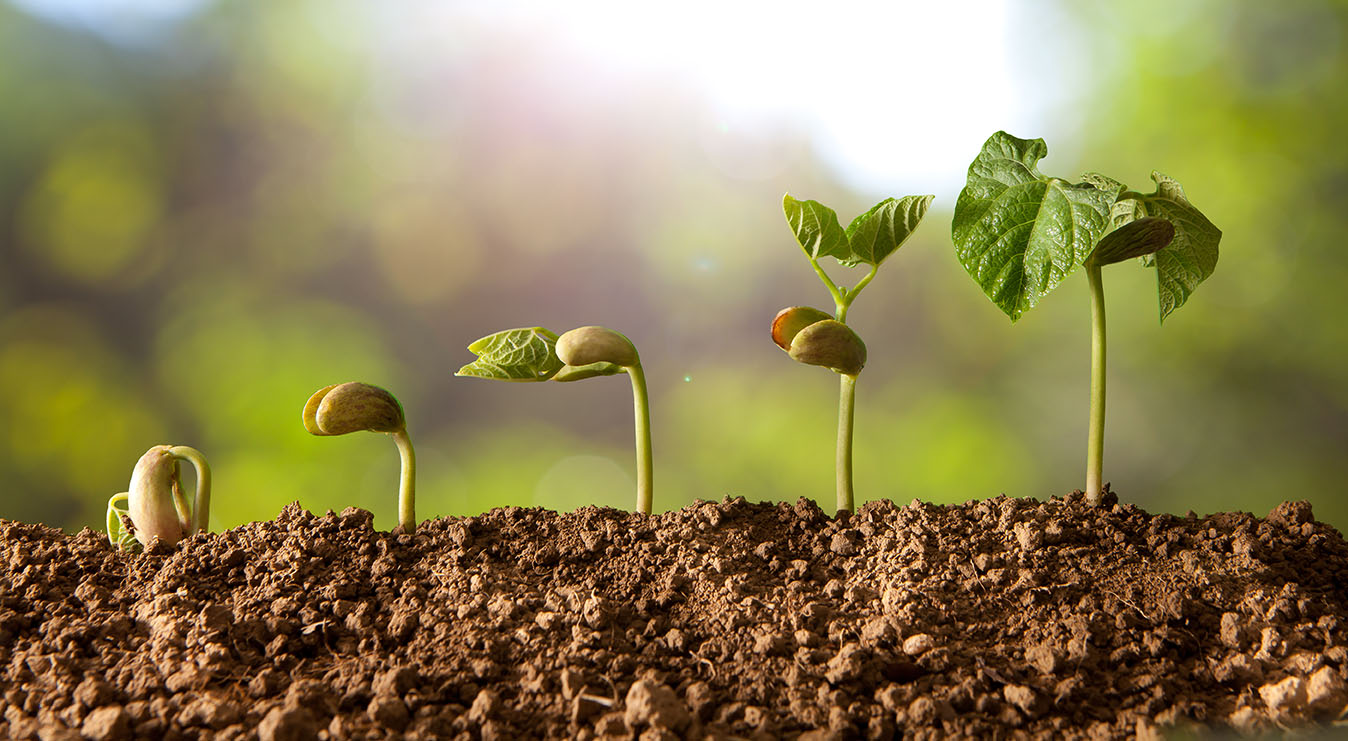

Germination is the process by which a seed starts to grow into a plant. It is a complex process that involves many different factors, including the availability of water, oxygen, and nutrients.
The first step in germination is the absorption of water. The seed coat is made up of a material that is waterproof. When the seed absorbs water, the seed coat swells and cracks open. This allows the root to start to grow down into the soil.
The root is the first part of the plant to grow. The root absorbs water and nutrients from the soil. The stem then starts to grow up, and the first leaves appear. The leaves use sunlight to make food for the plant.
The process of germination can take anywhere from a few days to a few weeks, depending on the type of seed.
The germination time for this type of seed is usually about two weeks.

Noun: germination.
Adjective: germinal.
Verb: germinate.
Synonym: sprouting.
The word "germination" comes from the Latin word "germinare", which means "to sprout" or "to bud". The word "germinare" is derived from the Proto-Indo-European root "ger-", which means "to grow".
What is germination?
Question: What are the factors that affect germination?
Answer:
There are a number of factors that affect germination, including:
If any of these factors are not met, germination will not occur.
Here are some additional details about each of these factors: